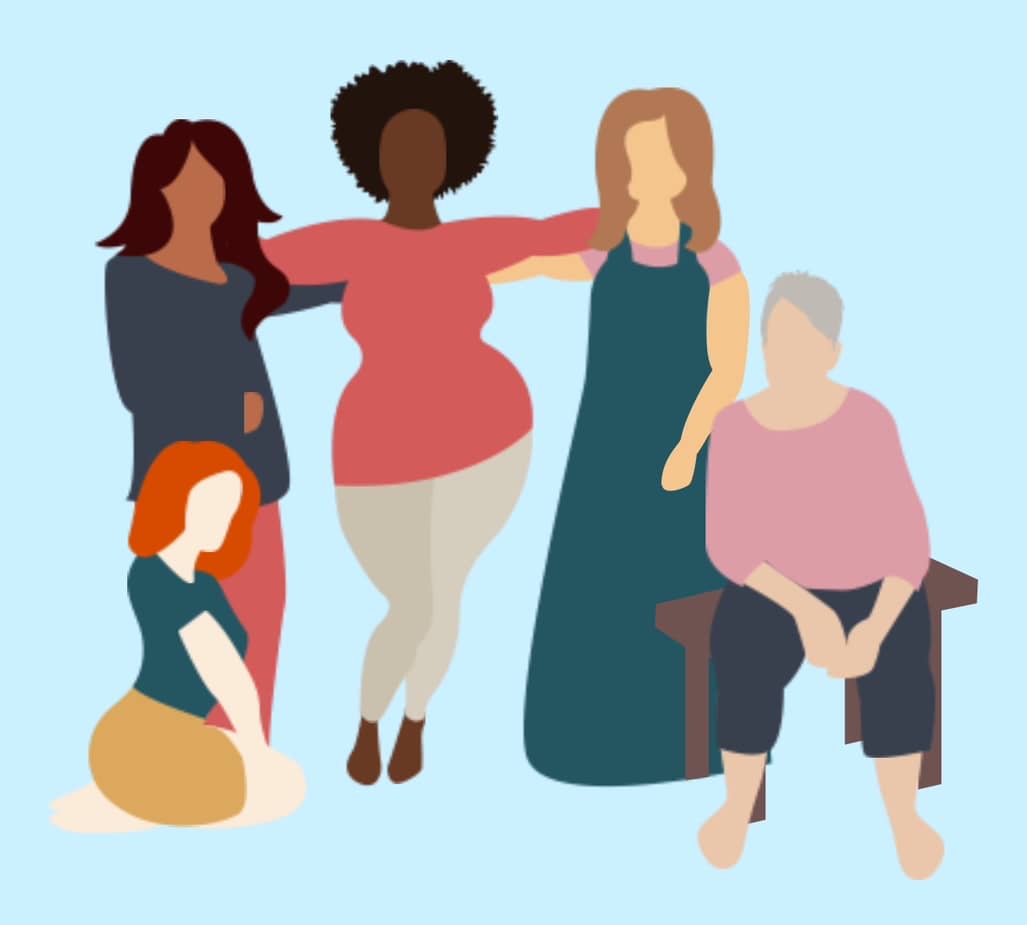A Conversation on Health.
As World Continence Week approaches (20th-26th June), we at Agora Health want to contribute to raising awareness about women's issues that are often not discussed enough. To support this cause, we are dedicating this week's conversation to these important topics.
Childbirth is often depicted as a joyous event, marking the start of a new chapter in a family's life. However, for many women, it can also be a time of significant physical and emotional trauma. Among the various injuries that can occur during childbirth, one of the most severe and least talked about is Obstetric Anal Sphincter Injury (OASI). This type of perineal injury, commonly referred to as 3rd and 4th degree tears, affects approximately 1 in 20 first-time mothers and has far-reaching consequences.
What is OASI?
OASI involves trauma to the perineum—the area between the vagina and the anus—that extends to the anal sphincter complex. This injury can result from the natural pressures of childbirth and is more likely in certain situations such as primiparity (first-time motherhood), instrumental deliveries, episiotomies (cuts through the area between your vaginal opening and your anus), pregnancies extending beyond 41 weeks, babies weighing over 4 kg at birth, and among women of Asian ethnicity.
The Long-Term Impact.
The immediate need for repair is often recognised and managed at the time of childbirth. However, the long-term effects of OASI can be profound, influencing every aspect of a woman's life. These consequences include:
- Chronic Pain and Discomfort: persistent pain can severely impact a woman’s quality of life.
- Sexual Dysfunction: many women experience discomfort or pain during intercourse, affecting intimate relationships.
- Incontinence: difficulty controlling the bladder, bowels, or even the passing of wind is a common and distressing outcome.
- Mental Health Issues: the physical consequences often lead to psychological distress, including postnatal depression, anxiety, and post-traumatic stress disorder (PTSD).
- Impact on Daily Life: these issues can hinder a woman's ability to perform everyday activities, affect employment, and strain personal relationships.
- Fear of Future Pregnancies: the trauma associated with the initial injury can create a profound fear of having another child.
Breaking the Silence.
Despite the severity of these injuries, many women suffer in silence. Societal stigma and shame surrounding such injuries often prevent open discussion, making it difficult for affected women to seek the help they need. Additionally, a lack of awareness among healthcare providers, including GPs, means that many women do not receive the appropriate care and support.
MASIC: A Beacon of Hope.
MASIC, a UK charity dedicated to supporting women who have suffered birth injuries, plays a crucial role in addressing this silent epidemic. By providing resources, advocacy, and a supportive community, MASIC helps women navigate the complex physical and emotional aftermath of OASI.
We asked Jen Hall, the Digital Communications and Campaigns Manager at Masic, to explain the role of this wonderful charity, the support they provide, and how they are striving to make an impact. Here’s what she had to say:
MASIC's primary role is to act as a hub for women who have suffered life-changing birth injuries. Our website provides information and advice for those who have suffered third and fourth degree tears and signposts to support, legal advice and self-help strategies. Our website also acts as a platform for women to share their stories of birth injury and trauma.
We run a freephone support helpline and a dedicated info support inbox. We also have a peer-led online Facebook support group and an active community on our social media platforms.
Face-to-face MASIC support groups, led by healthcare professionals and advocates, are also offered in some areas - with plans to scale up our offering via a national lottery grant received this year for three years funding.
MASIC is engaged in campaigning and education and we work with stakeholders on research projects to improve OASI care and support prevention. We are a member of the Birth Trauma APPG in UK Parliament and we contributed to parliamentary evidence sessions leading to the landmark Birth Trauma Inquiry report published in May 2024. We are currently working on a consensus statement to improve consent around instrumental delivery due to be published later this year. We have also produced survey reports on the impact of severe birth injury on the mother/baby bond and on women's experiences of instrumental delivery. Our survey report this year will focus on the financial cost of injury to families, society and the NHS.
Our annual webinar programme aims to educate health professionals and equip women with vital information to advocate for themselves when managing their injury. We have a large archive of webinars available for anyone to access on a variety of topics relating to birth injury with leading speakers and advocate stories.
Media exposure is also an important part of our campaigning work and we have been featured on the BBC, Sky News and in articles for The Telegraph, The Daily Mail and The Independent, New Statesman, Mumsnet, Grazia and Huffpost.
We believe the journey of motherhood should be one of empowerment and joy, not marred by the debilitating consequences of childbirth injuries. By raising awareness and fostering a supportive community, we can help women affected by OASI reclaim their lives and break the silence surrounding this critical issue. Through the efforts of organisations like MASIC, there is hope for a future where no woman has to suffer in silence.
As I conclude, know that you are not alone on this path to better health and wellness. Your journey is unique but together we form a community of strength and support.
Let’s thrive together,
Cristina x






